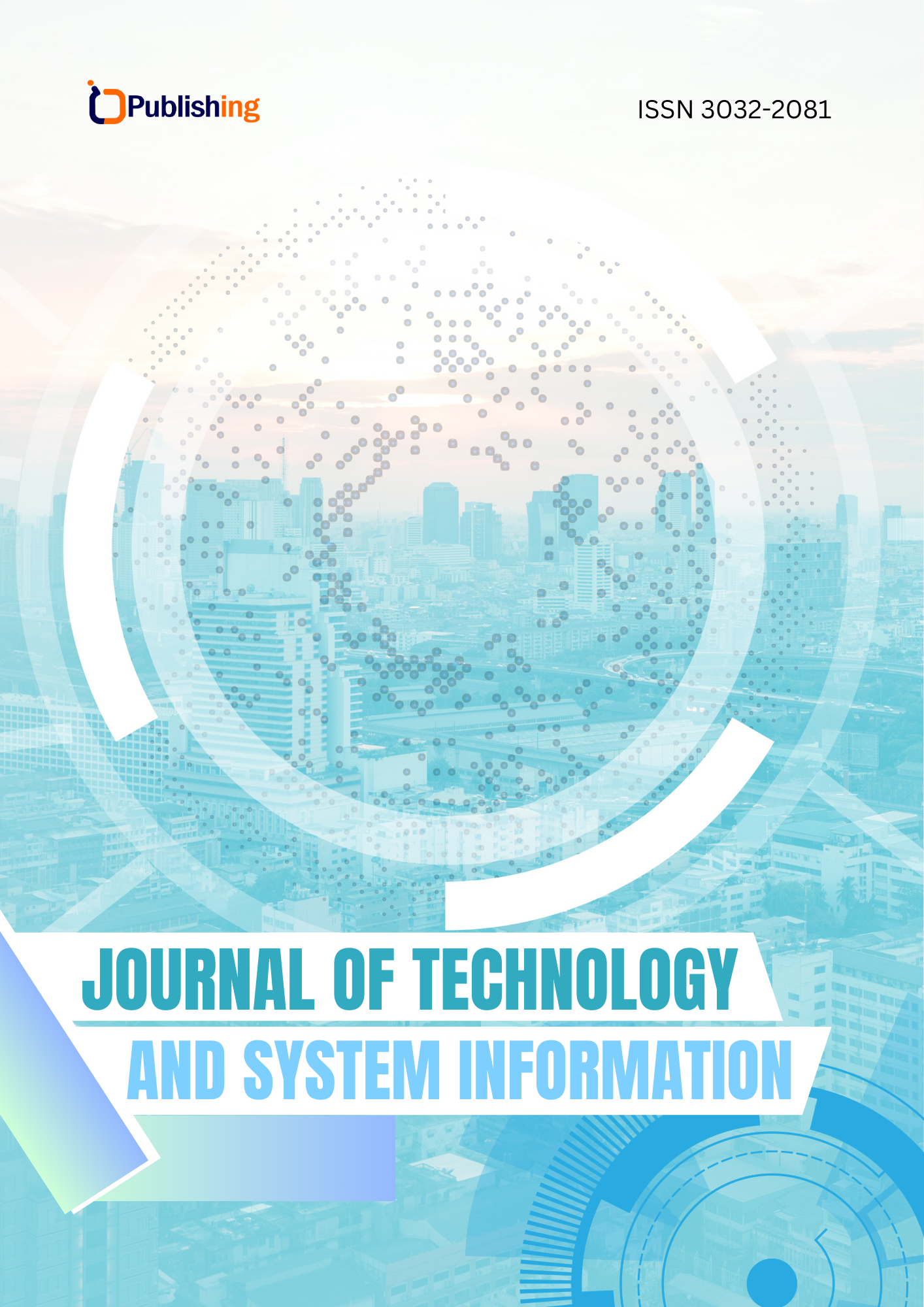The Impact Of Management Information Systems On The Training Of Workers In The Directorate Of Education Salah Al-Din (Case Study)
DOI:
https://doi.org/10.47134/jtsi.v2i1.3770Keywords:
Administrative Information System The Salah Al-Din Education Directorate, Training Of Workers The Salah Al-Din Education DirectorateAbstract
The aim of this study is to find a possible relationship between the management information system and the training of workers in the General Directorate of Education in Salah al-Din. This work was established on the basis of taking random samples of workers who are considered critical elements. The researcher raised some questions that are directly related to the main statement. The comparative description system was adapted to obtain the results using a questionnaire form where all the data were collected from GEDS. Many theories were tested and 205 forms were distributed and five of them were defective and only 200 forms were analyzed. The study found that there is a relationship between the positive attitudes of the management information system and workers in training. The study recommends the need to provide a clear system for evaluating the performance index for workers. In addition, training should follow an open policy to help workers solve their problems. In particular. It is necessary to have direct communication with the direct manager to address the obstacles facing his performance.
References
Bi, W.L. (2019). Artificial intelligence in cancer imaging: Clinical challenges and applications. CA Cancer Journal for Clinicians, 69(2), 127-157, ISSN 0007-9235, https://doi.org/10.3322/caac.21552
Chlingaryan, A. (2018). Machine learning approaches for crop yield prediction and nitrogen status estimation in precision agriculture: A review. Computers and Electronics in Agriculture, 151, 61-69, ISSN 0168-1699, https://doi.org/10.1016/j.compag.2018.05.012
Ciotti, M. (2020). The COVID-19 pandemic. Critical Reviews in Clinical Laboratory Sciences, 365-388, ISSN 1040-8363, https://doi.org/10.1080/10408363.2020.1783198
Duan, Y. (2019). Artificial intelligence for decision making in the era of Big Data – evolution, challenges and research agenda. International Journal of Information Management, 48, 63-71, ISSN 0268-4012, https://doi.org/10.1016/j.ijinfomgt.2019.01.021
Dwivedi, Y.K. (2023). “So what if ChatGPT wrote it?” Multidisciplinary perspectives on opportunities, challenges and implications of generative conversational AI for research, practice and policy. International Journal of Information Management, 71, ISSN 0268-4012, https://doi.org/10.1016/j.ijinfomgt.2023.102642
Ivanov, D. (2019). The impact of digital technology and Industry 4.0 on the ripple effect and supply chain risk analytics. International Journal of Production Research, 57(3), 829-846, ISSN 0020-7543, https://doi.org/10.1080/00207543.2018.1488086
Laudon, K. C., & Laudon, J. P. (2013). Management information systems: Managing the digital firm (13th ed.). Pearson Education Ltd.
Laudon, K. C., & Laudon, J. P. (2017). Management information systems: Managing the digital firm (15th ed.). Pearson.
Li, J. (2018). Microplastics in freshwater systems: A review on occurrence, environmental effects, and methods for microplastics detection. Water Research, 137, 362-374, ISSN 0043-1354, https://doi.org/10.1016/j.watres.2017.12.056
Mondy, R. W., Noe, R. M., & Premeaux, S. R. (2005). Human resource management (9th ed.). Prentice Hall.
O.Nyumba, T. (2018). The use of focus group discussion methodology: Insights from two decades of application in conservation. Methods in Ecology and Evolution, 9(1), 20-32, ISSN 2041-210X, https://doi.org/10.1111/2041-210X.12860
Oztemel, E. (2020). Literature review of Industry 4.0 and related technologies. Journal of Intelligent Manufacturing, 31(1), 127-182, ISSN 0956-5515, https://doi.org/10.1007/s10845-018-1433-8
Papapanou, P.N. (2018). Periodontitis: Consensus report of workgroup 2 of the 2017 World Workshop on the Classification of Periodontal and Peri-Implant Diseases and Conditions. Journal of periodontology, 89, ISSN 1943-3670, https://doi.org/10.1002/JPER.17-0721
Wiesmeier, M. (2019). Soil organic carbon storage as a key function of soils - A review of drivers and indicators at various scales. Geoderma, 333, 149-162, ISSN 0016-7061, https://doi.org/10.1016/j.geoderma.2018.07.026
ابشر احمد ،(2021) ، نظم المعلومات الادارية، ص2.
الاسناوي جلال، السيد ابراهيم(2020) التدريب الاداري , الجمهورية العربية السورية، .
أمحمد بلقاسم، 2017،اثر التدريب على اداء العاملين دراسة حالة المؤسسة الوطنية للتنقيب، رسالة غير منشورة، الجزائر.
حسن هبة الله ،2017، فاعلية نمط التدريب الالكتروني في تنمية مهارات بيئة فصل الافتراضي لدى معلمي الحاسب الالي.
عصام حيدر(2020) التدريب والتطوير، الجمهورية العربية السورية ، ص8.
غنيم ، (2017) ، اثر استخدام نظن المعلومات الإدارية في تعزيز بناء المنظمة الذكية دراسة ميدانية على الكليات التقنية بقطاع غزة، ، الجامعة الاسلامية غزة، كلية التجارة.
فرحان حمد محمد، (2017) أثر التدريب في تطوير اداء العاملين في الهيئة العامة للتعليم التطبيقي والتدريب في الكويت من وجهة نظر المشرفين ، رسالة غير منشورة ، الاردن .
كاظم وسن، (2022) ، اثر نظم المعلومات في اتخاذ القرار الاداري دراسة تطبيقية في كلية التمريض جامعة ميسان ، ص47، المعهد التقني العمارة، الجامعة التقنية الشمالية، مجلة الريادة للمال والاعمال- المجلد الثالث، العدد.
Downloads
Published
How to Cite
Issue
Section
License
Copyright (c) 2025 Mohammed Faraj Abdullah

This work is licensed under a Creative Commons Attribution 4.0 International License.










